To provide the best experiences, we use technologies like cookies to store and/or access device information. Consenting to these technologies will allow us to process data such as browsing behaviour or unique IDs on this site. Not consenting or withdrawing consent, may adversely affect certain features and functions.
The technical storage or access is strictly necessary for the legitimate purpose of enabling the use of a specific service explicitly requested by the subscriber or user, or for the sole purpose of carrying out the transmission of a communication over an electronic communications network.
The technical storage or access is necessary for the legitimate purpose of storing preferences that are not requested by the subscriber or user.
The technical storage or access that is used exclusively for statistical purposes.
The technical storage or access that is used exclusively for anonymous statistical purposes. Without a subpoena, voluntary compliance on the part of your Internet Service Provider, or additional records from a third party, information stored or retrieved for this purpose alone cannot usually be used to identify you.
The technical storage or access is required to create user profiles to send advertising, or to track the user on a website or across several websites for similar marketing purposes.
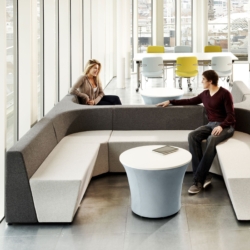 Originally published in Feb 2016. Ever since people first started working in modern offices just over a century ago, we’ve grown accustomed to the idea of a constantly evolving workplace. Trends in office design have tracked those in management thinking, social attitudes, technology, demographics, architecture, the economy and legislation. Yet for most of that elongated century, there were some underlying principles that remained pretty constant. (more…)
Originally published in Feb 2016. Ever since people first started working in modern offices just over a century ago, we’ve grown accustomed to the idea of a constantly evolving workplace. Trends in office design have tracked those in management thinking, social attitudes, technology, demographics, architecture, the economy and legislation. Yet for most of that elongated century, there were some underlying principles that remained pretty constant. (more…)






 New research by
New research by 

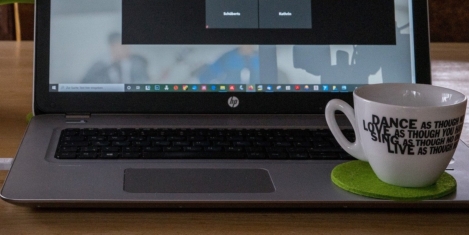
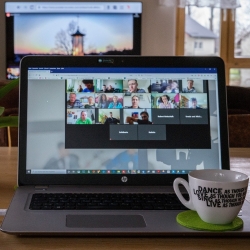 A new global study by
A new global study by 
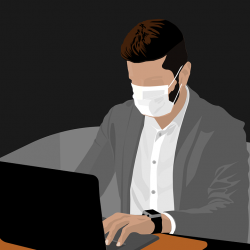 With current government advice encouraging all those who can work from home to do so, it’s no surprise that Britain’s businesses and employees are navigating a new normal. New research from
With current government advice encouraging all those who can work from home to do so, it’s no surprise that Britain’s businesses and employees are navigating a new normal. New research from 







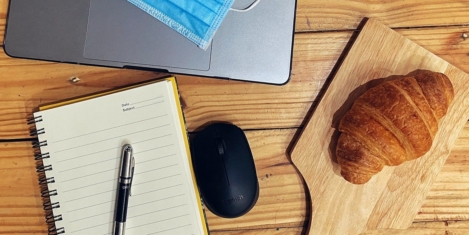
 New independent polling commissioned by the
New independent polling commissioned by the 









October 15, 2020
The wellbeing needs of men and women can be very different
by Alaana Woods • Comment, Flexible working, Wellbeing